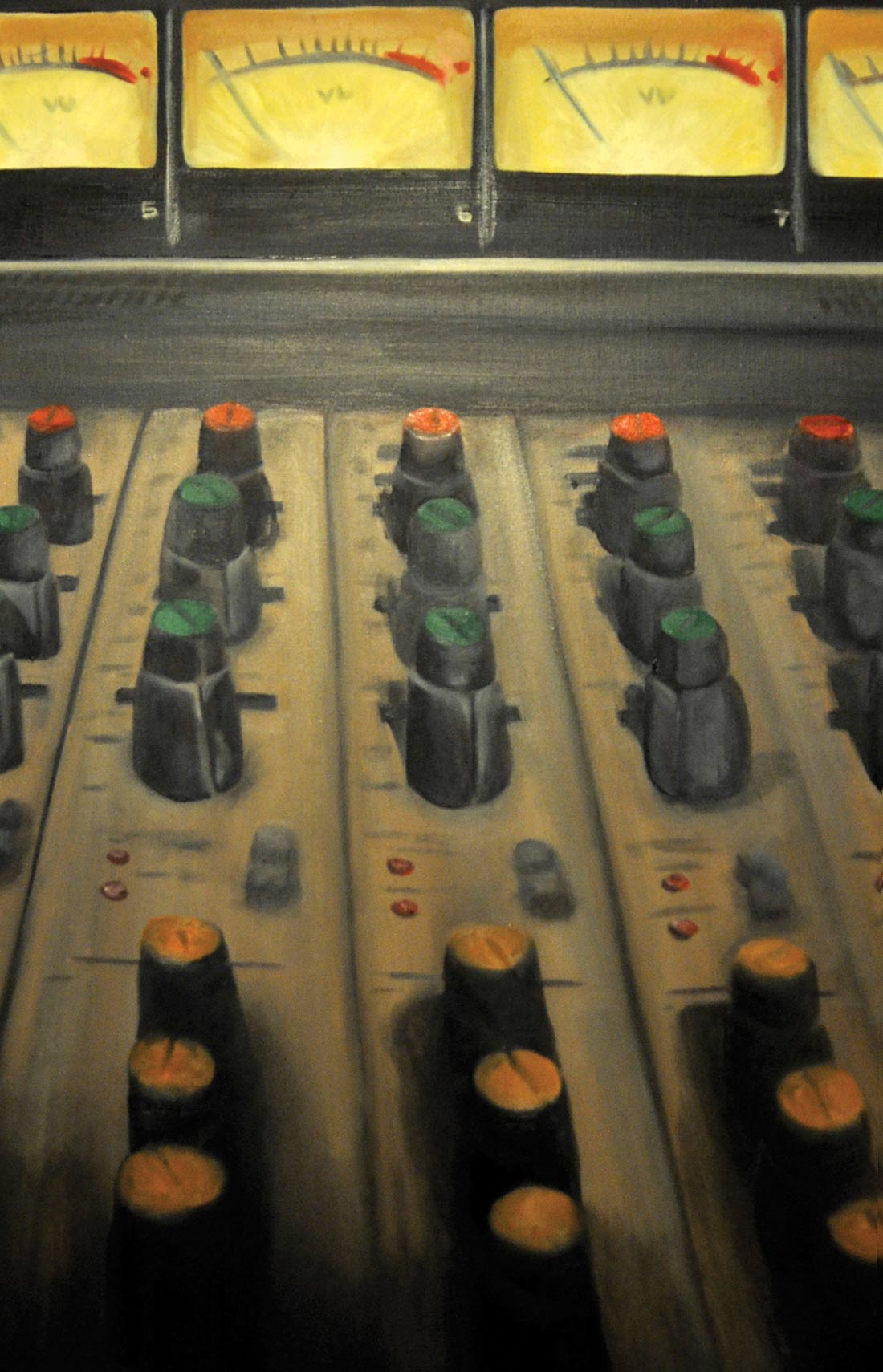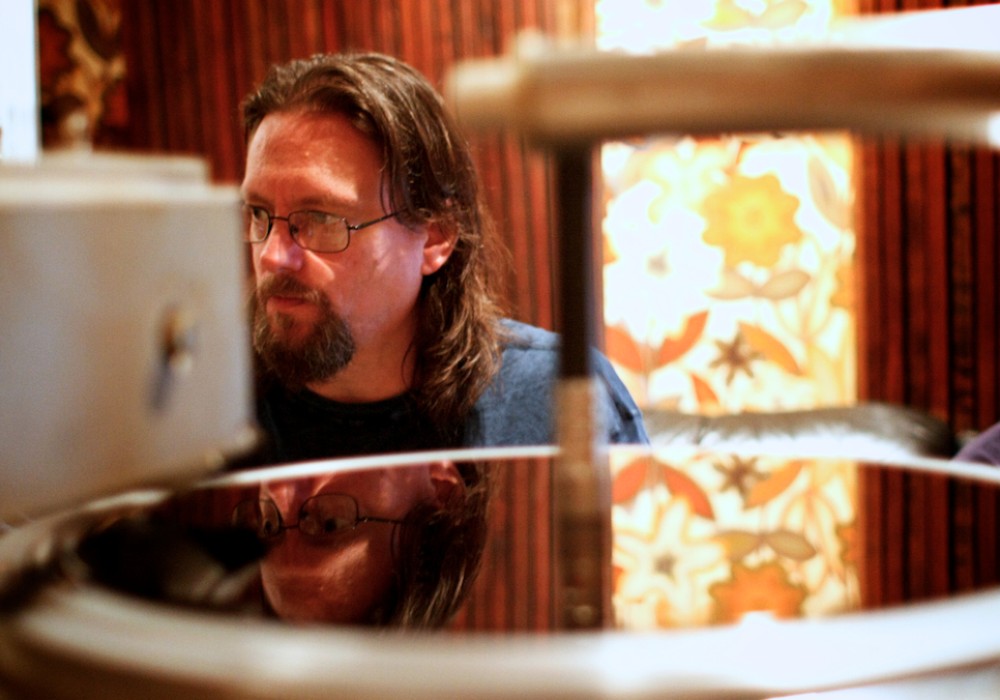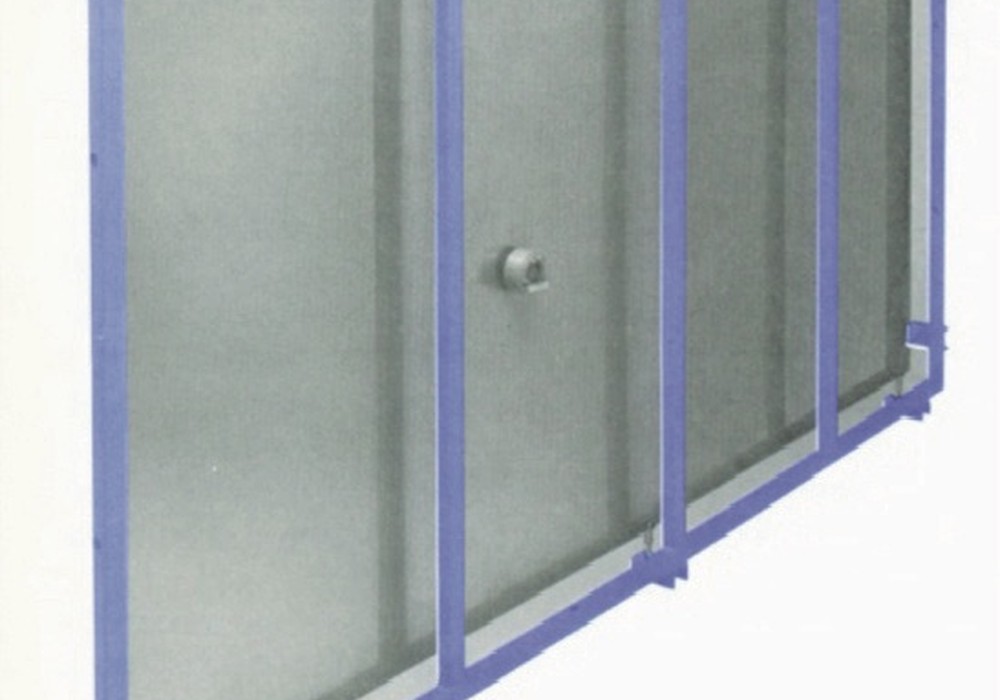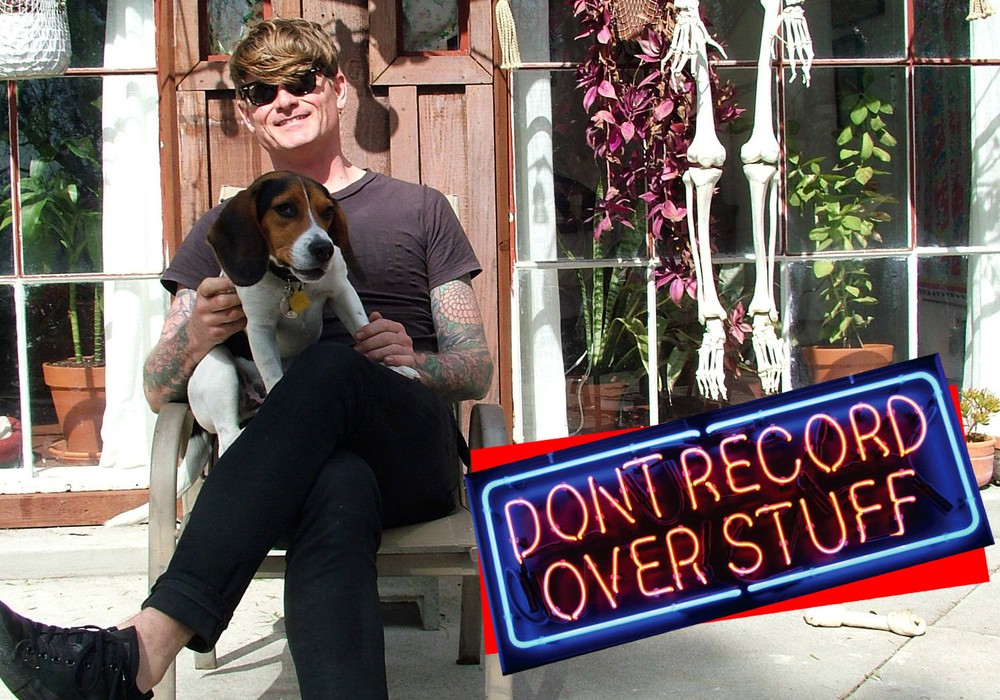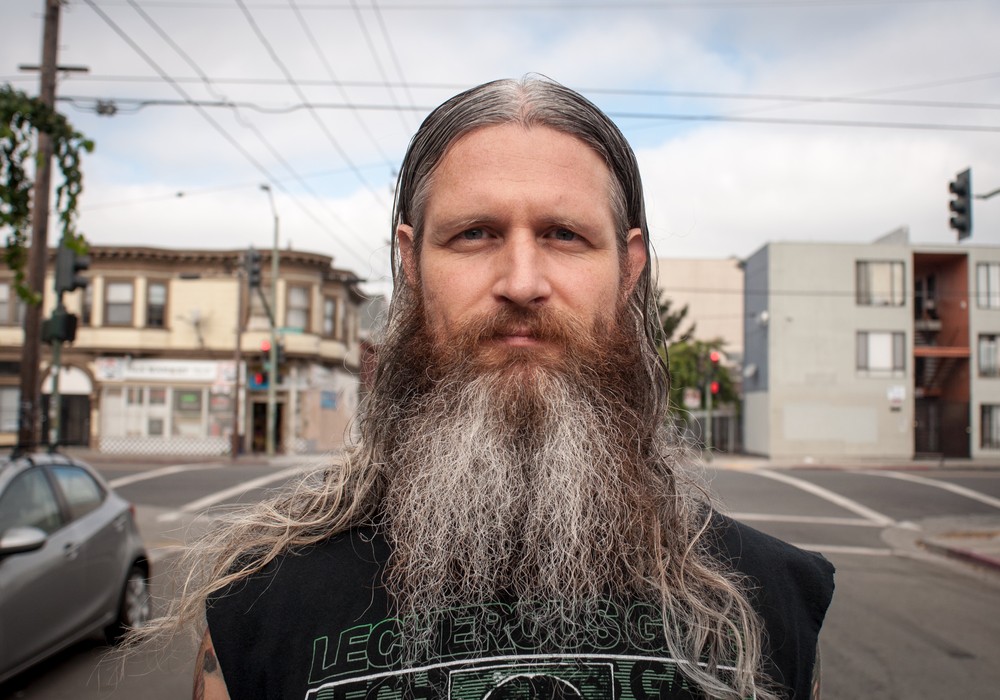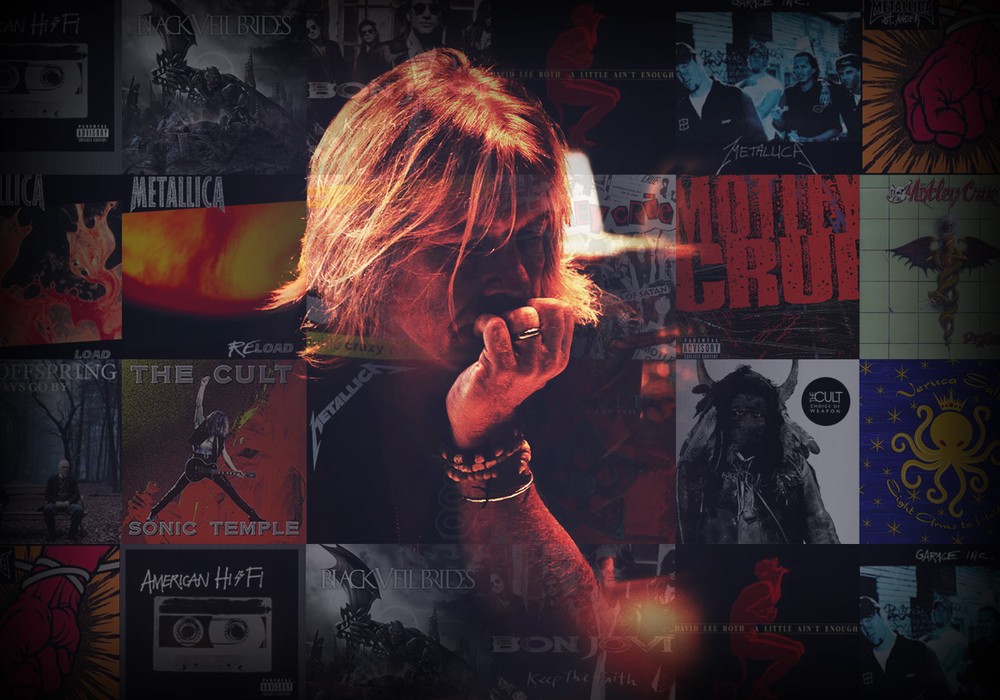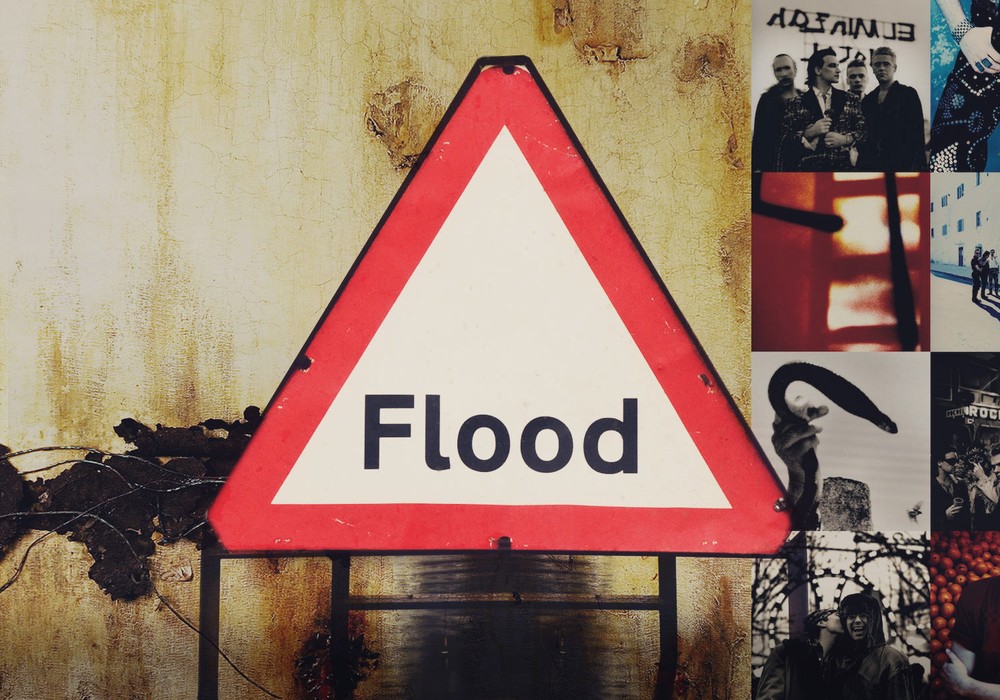Coming up through the ranks of Memphis' fabled Ardent Studios [Tape Op #58], Jeff Powell has been making cool records for more than two decades, initially as an assistant engineer, then as a staff engineer/mixer, and finally as a producer. He's been independent since 1997, but still considers Ardent his home base.
Powell's enviable credit roster includes the likes of Bob Dylan, B.B. King, Tonic, Big Star, The Bottle Rockets, Stevie Ray Vaughan, Sharon Jones, Centro-matic, Primal Scream, Lucinda Williams, Ryan Adams, and The Afghan Whigs. His early years at Ardent landed him sessions working elbow-to-elbow with producer/engineer legends such as Jim Gaines, Glyn Johns, Rob Fraboni, John Hampton [Tape Op #92], Joe Hardy and Jim Dickinson [Tape Op #19]. And getting the call to do six albums with Tom Dowd certainly must've been a career highlight. Gleaning and condensing a huge "bag of tricks" from these greats, Jeff has come up with his own eclectic approach to making records.
In addition to working on multiple gold and platinum records, as well as six Grammy-winning projects, Jeff currently chairs the Producer and Engineering wing for the Memphis Chapter of NARAS, and has been honored as a legendary producer of Memphis at the annual Blues Ball. Recently, Powell has learned the disappearing art of cutting vinyl, apprenticing under Larry Nix on the original Stax lathe at Ardent. He's been cutting vinyl, under the name Take Out Vinyl, for artists from all over the country such as The Twilight Singers, Centro-matic, Mickey Hart, and Lucero. In July of 2011, Jeff and Lucas Peterson opened Humongous Too, an open room style tracking space in the Edge district in Memphis. And since 2011, Jeff's also been an Adjunct Professor, overseeing senior projects at the University of Memphis Recording Program.
I've always been struck by Jeff's approachability, friendliness, and awesomely skewed sense of humor. He has recorded my band, The Weisstronauts, at Ardent on a few different occasions, and it's been a pleasure to take off my own "producer hat" and work with him.
Growing up in the '80s, a lot of my recreational listening was done on cassette in the car. Some say that MP3s are the cassettes of today. Do you think MP3s sound better than cassettes did?
See, I'm not so sure that they do. I mean, certainly the store-bought cassettes sounded horrible. But the mix tapes I used to make myself sounded pretty good. Better than MP3s. I say that because I'm going on memory. Cassettes didn't change the fundamental dynamics, stereo spread or reverb tails the way MP3s do. I can promise you that. The thing I like about MP3s, when I finally quit bitching about them, is the convenience, fun and quickness that you can have. But I can't fight for them in any way regarding fidelity or gaining any real information. It mortifies me if someone were to listen to my work to hire me based on an MP3. They sound terrible.
How much recreational listening do you do these days?
Since I've been cutting vinyl, a lot more. I'm back in! I'll go and buy the album or CD if it's something I like. Honestly I don't listen much in the car anymore — music sounds awful in the car to me. It wears me out and makes me grouchy. If I'm listening to music in the car it's something I'm working on.
What are you listening to that you didn't work on, but you really love?
Ray LaMontange's God Willin' & the Creek Don't Rise. And his first one, Trouble, that Ethan Johns [Tape Op #49] produced, just knocked my socks off as well. I listened to that album for a while before I realized that the bass and drums were hard panned on opposite sides and his voice is in the middle. That's a good job — it didn't make me go, "Wow, everything is over there!" It wasn't until I was actually in the studio listening to it, trying to decode what they'd done, that I actually caught it. I think that sounds fantastic.
Who else?
Well, Jack White [Tape Op #82]. I love all his records, whether it is The White Stripes, The Raconteurs, or Dead Weather. I just like the attitude that's conveyed in his recordings. They're aggressive in a good way. You can hear that he made decisions along the way. That's something that I think is lost a lot these days. It's great to see 8-track recorders coming back into vogue. Yeah, man — you've got to put your drums on two tracks, and then you're done mixing your drums! [laughter] It's very brave, especially when you don't have to. I dig that. I can hear it and I can feel it emotionally.
